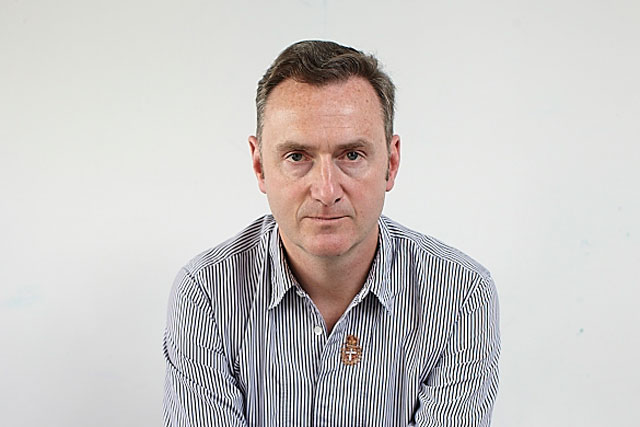Spin is all around. The New York Times still dedicates at least half-a-page daily to the business of advertising. There's a reverence attached to promotion that you simply don't find at home. But scratch beneath the surface, turn the advertising volume knob down from "11", and you find something of equal, if not more, importance to marketeers: a culture that still lionises great product and great service.
Right now, New York remains in thrall to the burgers and frozen custard (yep) at Danny Meyer's Shake Shack. His self-styled "modern-day roadside burger stands" boast queues that snake round the block; a webcam means you can check the line and time your run. Unlikely as it may seem, though, the city's latest poster boy for customer service is our very own Pret A Manger, busy selling coals to New York in a way our Cheryl couldn't. Yes, in the country that gave us "Have a nice day!", Pret is being feted as the food service brand de nos jours: a management and incentivisation masterclass.
Elsewhere in fast-food nation, those old heavyweights Kraft Foods and Sara Lee are squaring up in court in a bid to establish their bragging rights once and for all. Both claim their respective hot-dog brands, Oscar Mayer and Ball Park, are the nation's favourite, and a judge must now find whether either, both or neither have contravened false advertising laws. It's a "wiener war" that could impact America's famously and instinctively comparative advertising diet.
This all-American appetite for great products and service is a healthy complement to adland's occasionally partial worldview. The stories we tell ourselves as an industry often, perhaps inevitably, inflate the contribution of advertising or at least diminish the contribution made by humble "product". This despite the fact that much of the best work we do springs from good product and cements its success rather than compensating for bad. (There, I've said it.)
"Build a better mousetrap and the world will beat a path to your door," the American essayist Ralph Waldo Emerson is often quoted as saying. In fact, his original journal entry from 1855, later abbreviated and popularised, reads more fully: "If a man has good corn or wood, or boards, or pigs to sell, or can make better chairs or knives, crucibles or church organs than anybody else, you will find a broad hard-beaten road to his house, though it be in the woods."
One-hundred and sixty years later (and although we are called on only rarely in the service of crucibles and church organs), they are words the modern agency might usefully still reflect on. Those that can help their clients forge winning products and services will, quite simply, make a more profound contribution than peers who can only promote.
Laurence Green is a co-founder of 101


